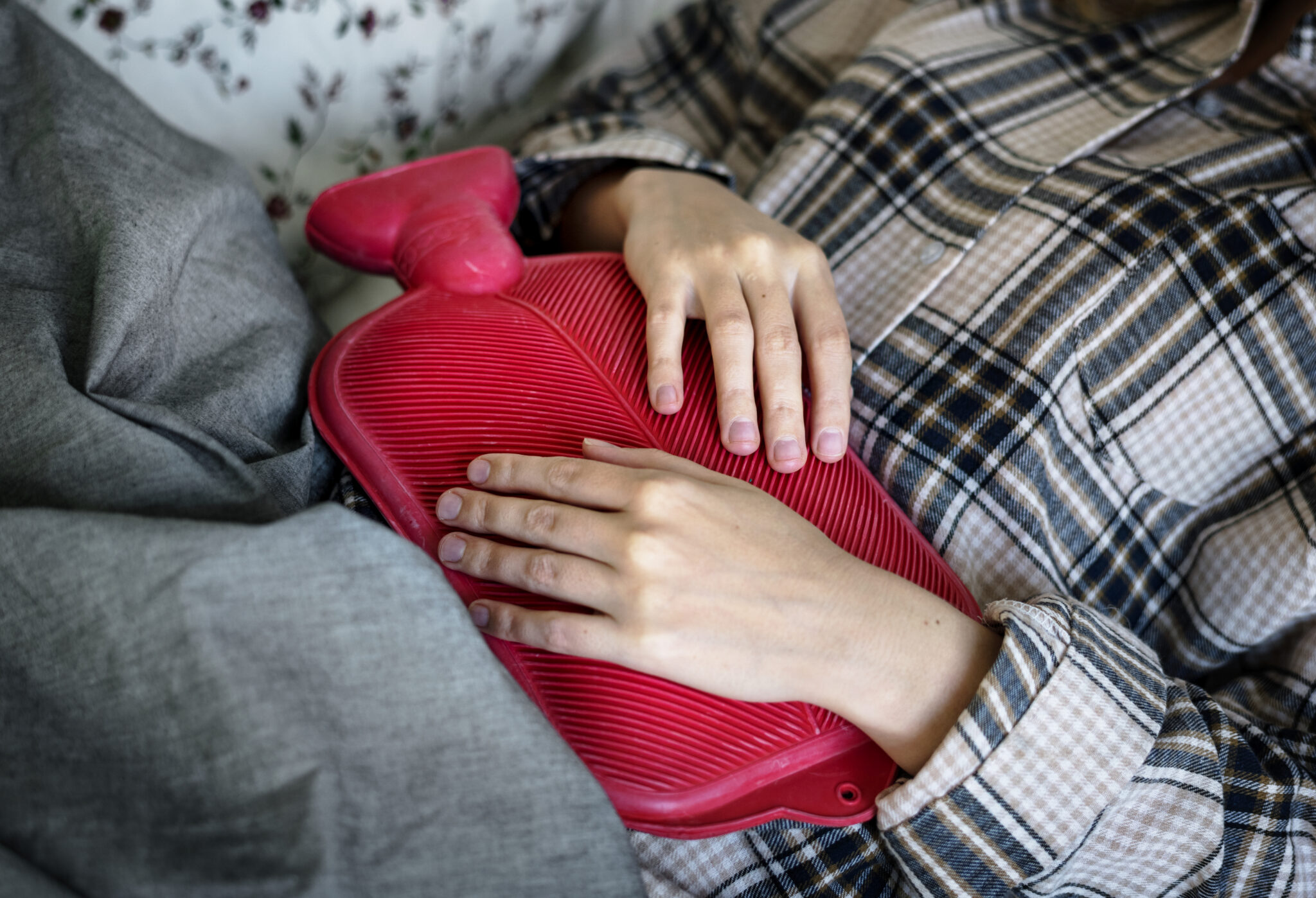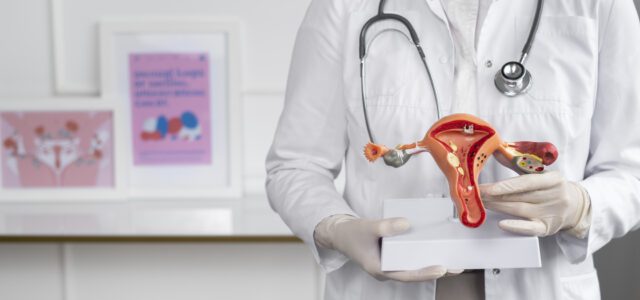While going through the drastic changes of menopause is something that no woman enjoys, it’s not uncommon for women of all ages to look forward to one aspect of menopause with happiness– the end of their period. Perhaps no one in the world is more eager to no longer have to deal with menstruation than women who suffer from endometriosis. This condition, which causes the endometrium, or uterine lining, to grow in places other than the inside of the uterus, can be debilitating, causing heavy, painful periods, infertility, pain with activity in the pelvic area, including sex and bowel movements, and many other unpleasant symptoms.
For some women, menopause is the end of their story with endometriosis. However, this is not the case for everyone, and this condition makes life difficult during a woman’s younger years, it can also continue to affect her long after her period has ended. If you or someone you love has endometriosis, it’s important to know about the way it affects menopause going in, so that you can prepare with your doctor and be ready with treatment options as needed to help maintain your comfort and health!
Menopause and Endometriosis Remission
In some cases, the beginning of menopause marks the end of endometriosis, and a woman can be considered fully in remission once the process of perimenopause (the length of time before menstruation has officially ended) is over. The main contributing factor in both the start of menopause and the end of endometriosis is estrogen.
Estrogen is the main heavy lifter in terms of the female reproductive system, and most of the symptoms associated with menopause (hot flashes, night sweats, body changes, mood swings, etc.) are due to estrogen levels in the body falling as a woman ages. This drop in estrogen also causes a reduction in the presence of endometrium, which relies on this hormone to grow. Because of this, many women experience relief from their endometriosis symptoms once menopause sets in!
Postmenopausal Endometriosis
The role of estrogen in endometriosis as a condition means that how a woman manages menopause has to be different when she has had it. For many women, hormone replacement therapy that adds estrogen back into their system is a safe and effective way to relieve the unpleasant symptoms of menopause. For women with endometriosis, however, estrogen hormonal treatments carry the risk of “reactivating” the condition, stimulating the growth of endometrium again and bringing back the pain and other issues that go along with it. Women who are struggling with the symptoms of menopause that can’t undergo hormone treatment for this reason should discuss alternate ways of finding relief with their doctor.
Endometriosis that continues after menopause is referred to as postmenopausal endometriosis. In almost all cases, it’s found in women who had endometriosis before they entered menopause. While it’s extremely rare, it is possible for a woman to develop endometriosis for the first time after menopause. The most common symptoms are increased pelvic pain, especially during urination, bowel movements, or sex. If you develop these symptoms, discuss them with your doctor immediately. They can be signs of postmenopausal endometriosis, or signs of other conditions like pelvic cancers.
Endometriosis Treatment and Menopause
Sometimes, endometriosis has to be treated with radical options like a hysterectomy or removal of the ovaries. In these situations, a woman experiences what is known as medically induced menopause, or menopause that comes on as a result of a medical intervention, not natural hormonal changes. This treatment route can often (though not always) result in symptom relief for people with endometriosis, but it does come with the sudden onset of menopause symptoms, which can be difficult to manage, especially for younger women. While hormone replacement therapy is often an invaluable option for women who have had a hysterectomy, it’s best avoided for women with a history of endometriosis, as it can encourage the condition to continue even after medically induced menopause.
Endometriosis is a condition that can affect every aspect of your life, including how you experience menopause. While it’s not yet completely understood, the medical field is working hard to develop treatments and methods to help people cope with it, both in their youth and during menopause! If you are struggling with endometriosis, know that there are many options out there that can help you take back control of your life. If you have further questions, contact our team today! We’ll be happy to help you.





